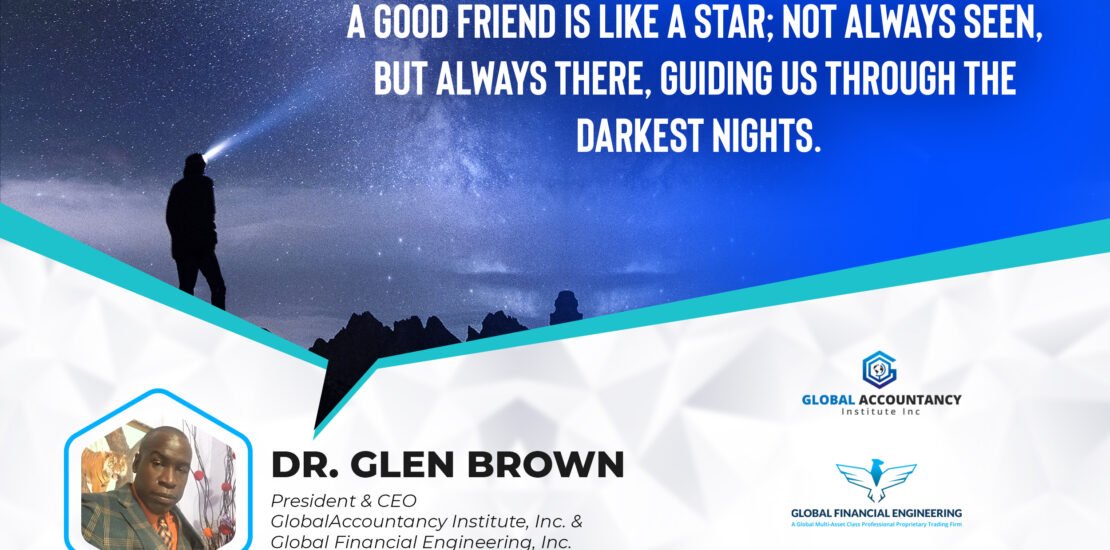Unlocking the Potential of Financial Futures: Navigating the Complex World of Forward Contracts
- March 16, 2024
- Posted by: Drglenbrown1
- Category: Financial Education

In the vast and dynamic arena of financial markets, futures contracts stand as pivotal instruments that cater to the needs of diverse participants, from hedgers seeking to mitigate risks to speculators aiming to profit from price movements. Understanding the nature and applications of these contracts, particularly in the realms of commodities and financial futures, is essential for anyone looking to navigate the financial landscape effectively.
1.1 The Essence of Futures Contracts
At its core, a future contract is a legally binding agreement to buy or sell a specified quantity of an asset at a predetermined price on a future date. These contracts are forward-looking by design, allowing participants to lock in prices and manage the uncertainty of future market conditions. The distinct characteristics of futures contracts lie in their standardization and exchange-traded nature, ensuring transparency, liquidity, and reduced counterparty risk.
- Standardization: Futures contracts are meticulously standardized in terms of the contract size, quality of the underlying asset, and delivery terms. This uniformity facilitates ease of trading and comparison across the market, making futures a preferred instrument for a wide range of market participants.
- Exchange-Traded: Unlike over-the-counter derivatives, futures are traded on regulated exchanges. This not only enhances market transparency and integrity but also ensures that the exchange itself acts as the counterparty to both buyers and sellers, significantly mitigating the risk of default.
1.2 Diverse Horizons: Commodity Futures vs. Financial Futures
While futures contracts can encompass a broad spectrum of underlying assets, they are predominantly categorized into commodity futures and financial futures, each serving specific purposes and catering to different market segments.
- Commodity Futures: These contracts are grounded in the physical world, dealing with the sale and purchase of tangible goods like agricultural products, metals, and energy resources. Commodity futures play a crucial role in the global economy, allowing producers and consumers to hedge against price volatility inherent in commodity markets.
- Financial Futures: A leap into the abstract, financial futures revolve around intangible financial instruments or indexes. This category includes currency futures, interest rate futures, bond futures, and stock index futures. Financial futures enable investors to hedge against movements in interest rates, exchange rates, or market indices, or to speculate on these movements without the need to directly hold the underlying assets.
Financial futures have revolutionized the way investors approach market risk and opportunity. By providing a mechanism to hedge against potential adverse movements in financial indicators or to speculate on future trends, these contracts have become indispensable tools for financial planning and risk management.
Whether dealing with the tangible goods of commodity futures or the financial abstractions of financial futures, these contracts offer a structured approach to managing future uncertainty. They embody the confluence of prediction, standardization, and market dynamics, providing a cornerstone for modern financial and trading strategies.
As we delve deeper into the complexities and opportunities presented by futures contracts, it’s clear that their role in the financial ecosystem is both foundational and transformative. For investors, traders, and hedgers alike, mastering the intricacies of futures contracts is a step towards achieving greater control and foresight in an ever-evolving market landscape.
About the Author: Dr. Glen Brown
Dr. Glen Brown stands at the forefront of the convergence between finance, technology, and education. With over two decades of pioneering contributions, Dr. Brown has shaped the landscape of financial and accounting education as the President & CEO of Global Accountancy Institute, Inc., and Global Financial Engineering, Inc. Holding a Ph.D. in Investments and Finance, his expertise spans across crucial financial disciplines, making him a venerated figure in the fields of financial accounting, management accounting, finance, investments, strategic management, and risk management.
Dr. Brown’s multifaceted roles include Chief Financial Engineer, Head of Trading & Investments, Chief Data Scientist, and Senior Lecturer, where he champions the integration of cutting-edge technology with traditional financial principles. His visionary leadership is underpinned by a philosophy that champions transformation through self-consumption, creativity, and continuous intellectual growth, fostering an environment where innovation thrives.
Through his guidance, Global Accountancy Institute, Inc., and Global Financial Engineering, Inc., have emerged as leading entities in the realm of global multi-asset class professional proprietary trading and education, dedicated to advancing the financial industry’s future.
Call to Action (CTA)
Embark on a transformative journey with Dr. Glen Brown. Register for the Global Elite Proprietary Trading Program (GEPTP) today and unlock your potential in the dynamic world of proprietary trading. Visit Global Accountancy to secure your place in this exclusive program.
General Disclaimer
The information provided in this article is for educational and informational purposes only and should not be construed as financial advice.
